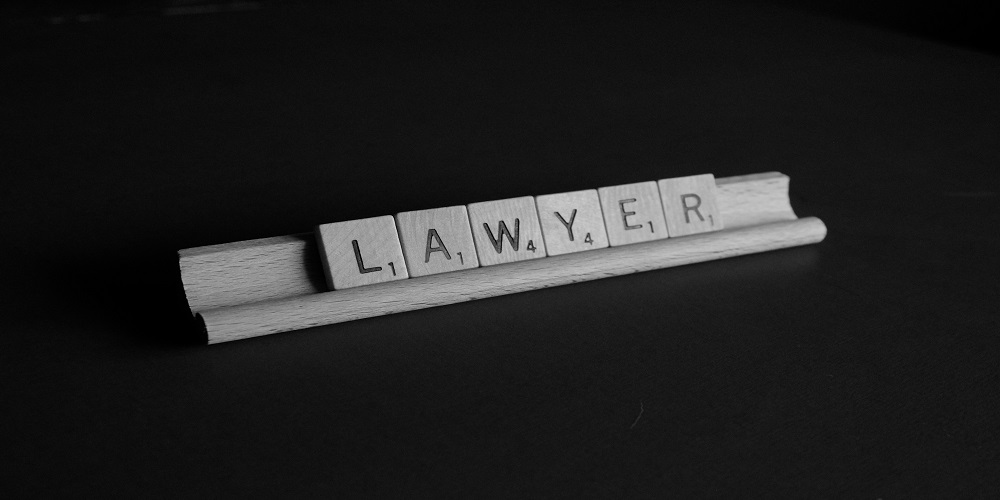Have I ever wondered how folks in Canada get their sentences calculated after landing on the wrong side of the law? It’s not as simple as sentences calculated and imposed in Canada. We’ll keep things clear and straightforward, giving you a closer look at Canadian justice without the heavy jargon.

Absolute or Conditional Discharge
Sometimes, a person can be found guilty but not slapped with a criminal record. That’s what we call an Absolute or Conditional Discharge. That’s a win when someone’s found guilty but not stamped with a criminal record. If it’s an absolute discharge, it’s like a get-out-of-jail-free card, no, strings attached. But a conditional discharge? It comes with a few rules, getting a second chance with a tiny instruction manual.
Suspended Sentence and Probation
There’s the Suspended Sentence and Probation. Think of this as getting a time-out. You’re guilty but get to stay outside instead of being sent to jail.
Fine
A fine is a judicial remedy that mandates the offender to pay a specific amount as restitution for their transgression. But, when an individual commits an offence, they might be required to find a way to compensate for their actions financially. This is akin to covering the costs when one inadvertently causes damage. Such damages are like shattering a neighbour’s window during a recreational activity.
Conditional Sentence
A conditional sentence involves the offender serving their punishment within the community. It can have some specified conditions in place. An example of this would be house arrest, where the individual must remain at home for a determined period. You might have to stay home, or there might be other conditions to follow. But at least you’re not in jail.
Imprisonment
Imprisonment is the judicial decision that mandates an offender to spend a designated period within a correctional facility. This is where someone serves time in jail.
Now, how does a judge decide which sentence to give? Well, they consider a bunch of stuff. Some factors, such as a person’s previous criminal history, can intensify the sentence. This might result in a more severe penalty. Conversely, being a first-time offender might lighten the sentence.
The main thing is that the punishment should fit the crime. It’s all about fairness. And the court takes a special look at options other than jail, especially for Indigenous Canadians. It’s all in the law, specifically “the Criminal Code of Canada and the Corrections and Conditional Release Act.”
It’s also important to know that if someone’s heading to trial, they might want to have a few good skilled defence lawyers in Milton on speed dial.
Conclusion
When sentencing in Canada, it’s all about finding the right balance and ensuring justice. Everyone makes mistakes, but how we face the music truly counts. Canada’s approach to sentencing aims to be just and fair, considering the individual and their actions. Understanding how sentencing works is just one piece of the puzzle in the grand mosaic of Canada’s justice system. Always remember: knowledge is power, and staying informed is great.